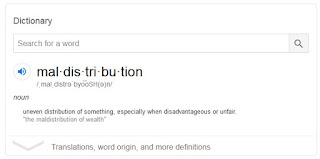The OTD Mandate and The Great Pumpkin

It is near Halloween, so a themed entry seems appropriate. We have another motion in front of the AOTA Representative Assembly to mandate an entry level doctoral degree - even though a decision point was reached just six months ago on this same issue. At that time, the decision was to support dual entry at both the master's and doctoral level. That did not satisfy a Small Group of individuals, and so we are at the debate again. People frequently ask me 'why' the profession is going through this again. That is where the Halloween story comes in. Each year, despite overwhelming evidence against his belief system, Linus would sit in the pumpkin patch and wait for the arrival of the Great Pumpkin - who he believed flies around and gives toys to sincere and believing children on Halloween eve. Each year the Great Pumpkin would fail to appear but that does not stop Linus from believing. Sometimes he even manages to convince his friends to sit in the pumpkin p...











